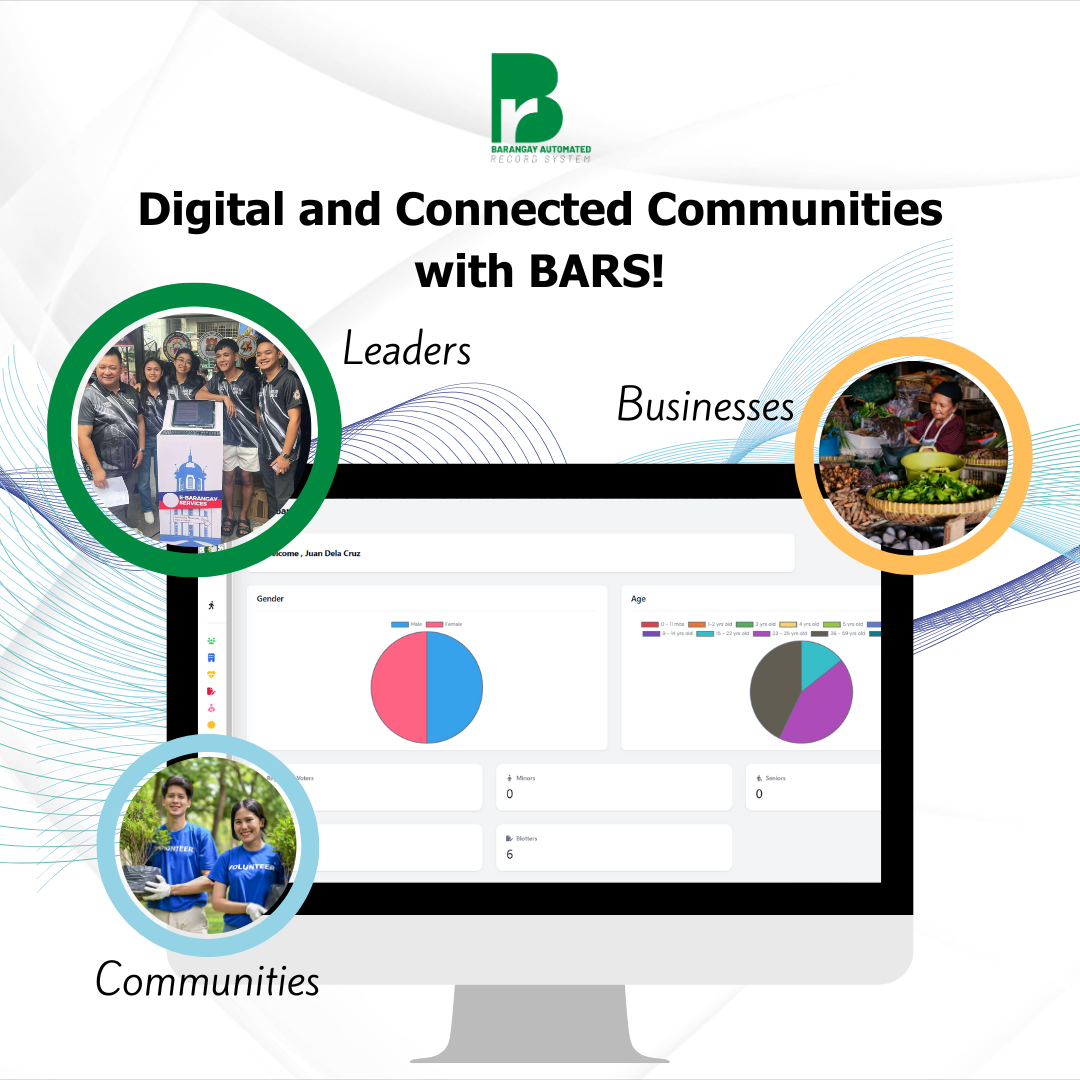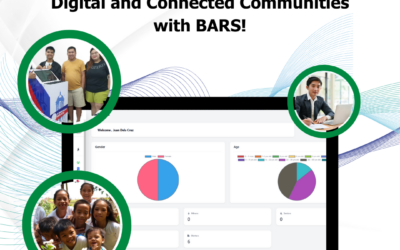Barangay Digital Governance: Embracing the Future with BARS Philippines
In the bustling archipelago of the Philippines, barangays serve as the smallest but core administrative units, functioning like the thread that holds the community fabric together. With evolving technological landscapes, there is a pressing need for these local governance units to upgrade their administrative processes. Enter BARS Philippines, an innovator in this domain, offering solutions that take barangay operations into the future.
Understanding Barangay Digital Governance
Digital governance at the barangay level represents a fundamental shift from traditional methods to systems that leverage technology for more efficient and transparent operations. Despite being integral community entities, many barangays still rely on outdated paper-based processes, leading to inefficiencies and delays in service delivery. Digital governance introduces a streamlined, automated approach, ensuring a more responsive and accountable local government unit.
The Need for Automation in Barangay Management
Traditional barangay management has its challenges: manual record-keeping, delayed transactions, and a lack of data-driven decision-making. These issues often result in frustrated citizens and overburdened officers. Automation, on the other hand, simplifies processes, reduces errors, and enhances productivity. By automating repetitive tasks, barangay officials can focus on more strategic initiatives aimed at community development.
Features of a Smart Barangay System
A smart barangay system is much more than digitizing records; it reimagines governance as a cohesive and interconnected network. Key features include integrated record-keeping, which centralizes data for easy access and management, enhanced communication channels that facilitate real-time updates and community interaction, and sophisticated data analytics that offer valuable insights for strategic planning.
How BARS Philippines is Revolutionizing Barangay Operations
BARS Philippines stands at the forefront of this digital revolution. By offering tailored solutions like the Barangay Automated Records Solution, they ensure that barangays operate with heightened efficiency and transparency. Through successful implementations and testimonials, BARS demonstrates how bridging technology with governance can transform communities.
Key Components of the Barangay Automated Records Solution
The strength of BARS’ solution lies in its simplicity and security. A user-friendly interface ensures that barangay staff can adapt to the system with minimal training. The solution also boasts robust security measures, safeguarding sensitive community data. With real-time access to records, barangay officials can address community issues promptly and effectively.
Streamlining Administrative Tasks
One of the greatest advantages of automation is the ease it brings to administrative tasks. For instance, the automated issuance of certificates and permits reduces the waiting time significantly, improving citizen satisfaction. Efficiently managing community grievances with digital portals ensures that issues are prioritized and resolved timely.
Empowering Barangay Officials with Data-Driven Insights
BARS’ solution empowers barangay officials with the necessary tools to make informed decisions. Access to data allows for better resource allocation and improved service delivery. By understanding community needs better, officials can engage meaningfully with residents, fostering a more involved community.
Enhancing Transparency and Accountability
Transparency and accountability are crucial for building trust between citizens and governance structures. With automated systems, every transaction leaves a digital footprint, creating a reliable trail that can be audited. BARS’ open data initiatives encourage civic participation by making appropriate data available to the public.
Improving Citizen Participation through Technology
Citizen engagement is enriched through digital platforms where residents can interact directly with their barangay. Feedback systems are integrated, allowing continuous improvement based on community suggestions. These technological tools transform how citizens participate in governance, making them active contributors rather than passive observers.
Overcoming Challenges in Implementing Digital Solutions
Despite the benefits, transitioning to a digital system comes with its set of challenges. Resistance to change is natural; hence, educating stakeholders on the long-term advantages is crucial. Additionally, ensuring data privacy and robust security protocols is non-negotiable in maintaining public confidence.
Future Prospects of Barangay Automation in the Philippines
The future of barangay automation looks promising, with emerging technologies poised to bring even more transformative changes. As the Philippines continues to embrace digital reforms, the vision is for barangays to become pillars of efficient, transparent, and participative governance, embodying the true essence of a smart community.
Conclusion
A well-implemented smart barangay system, like the one offered by BARS Philippines, is not just about upgrading technology; it’s about transforming lives by creating more responsive and compassionate governance. As we look ahead, it becomes imperative for barangays to embrace this digital transformation and lead their communities toward a brighter, more inclusive tomorrow.
FAQs
How does barangay automation improve governance?
Barangay automation streamlines processes, reduces errors, and increases efficiency, thus improving service delivery and citizen satisfaction. It enhances accountability and transparency in governance by maintaining digital records and making data accessible for informed decision-making.
What are the main features of the BARS system?
The BARS system includes integrated record-keeping, advanced communication platforms, and data analytics tools that facilitate efficient operations and strategic planning for barangay officials.
How secure is the data managed by BARS Philippines?
BARS Philippines provides robust security measures to protect sensitive data, ensuring compliance with data protection regulations and safeguarding personal information against unauthorized access.
What challenges might barangays face with automation?
Implementing digital systems can face challenges such as resistance to change and the need for adequate training and education to ensure smooth adoption. Ensuring data privacy and maintaining cybersecurity are also crucial challenges to address.
How can communities be involved in the transition to digital governance?
Communities can play an active role by participating in feedback loops, using digital platforms for engagement, and staying informed about the benefits and functionalities of digital governance systems. Public awareness campaigns and workshops can support this transition effectively.




0 Comments